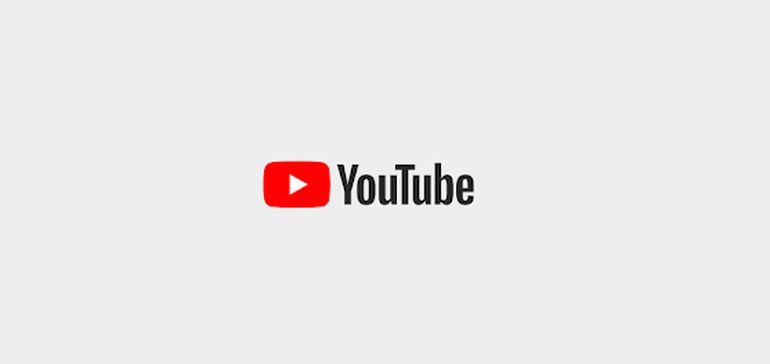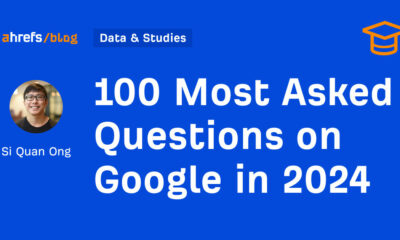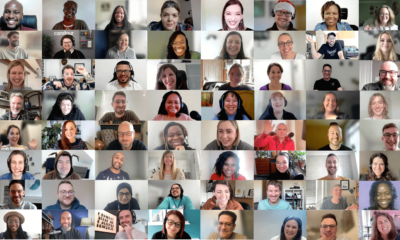SOCIAL
YouTube Answers Common Questions About its Recommendation Algorithms to Help Improve Channel Performance

Looking to get a better understanding of how YouTube’s systems work, and how you can work with them to maximize the performance of your content?
YouTube’s Rachel Alves has shared a new video on the Creator Insider channel, which sees Alves, who works on YouTube’s recommendation system, answer some key creator questions about its algorithms highlight clips to viewers, and how you can work with the process to improve your reach and retention.
Here’s a summary of the questions and answers:
What’s the best posting strategy to maximize channel performance?
Alves says that YouTube’s algorithms don’t optimize based on how many videos a channel uploads (and never have), so there’s no specific posting cadence that will work best to maximize your performance.
YouTube does, however, optimize recommendations for users based on how often they come back to your channel:
“So of course, if the more a viewer watches content from your channel, especially regularly, the more likely your videos are to be recommended.”
As such, Alves recommends building for the long term, by focusing on your content, as opposed to aiming for a specific number of uploads per day or week.
Is it a bad strategy to create content related to trending searches, due to the increased number of competing videos in these search results?
Alves says that while there is definitely more competition for attention in trending content, that also means that there’s an increased viewer demand for videos related to these topics.
“If you think that you can create something fresh, more entertaining, informative, or that you have a unique take on a subject where you think your content is gonna’ stand out, and it’s differentiated among all the other content on the internet, go for it.”
Alves does note, however, that tapping into trends is generally not a long term strategy, as the viewers you attract based on trends are probably less likely to stick around when you switch topic focus again.
Does experimenting with new topics hurt your channel performance?
Alves says that YouTube’s systems try to match viewers with individual videos that they’re most likely to watch, so experimenting with new topics shouldn’t hurt performance, in an algorithmic recommendation sense.
Though as noted in the previous answer, switching focus can be a challenge for retention:
“If you’re experimenting and you start developing audiences that are totally distinct from each other – let’s say you’re making videos about like soup recipes, and then you have a bunch of stuff about origami tutorials – maybe you might wanna split those into separate channels, less for our discovery systems, but more just to help viewers so that they don’t have content in places like their sub’s feed that isn’t what they initially signed up to watch.”
Does deleting offensive or problematic comments have any impact on video performance?
YouTube video performance often correlates with the amount of comments – i.e. generate more comments and you’re likely to see increased video reach. The question, then, is if you have a lot of comments, could deleting problematic comments actually reduce the reach of your upload?
Alves says that YouTube’s algorithms optimize for engagement with the video itself, so comment specifically:
“If you have fewer comments, it’s not gonna’ hurt your video’s performance. So yeah, delete them if you wish.”
An interesting note on overall engagement and performance.
If you’re a YouTube creator, it’s worth watching the clip to get a better understanding of key best practices and processes, and how YouTube’s systems optimize for performance.
Source link



















You must be logged in to post a comment Login